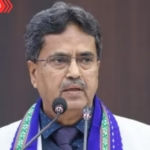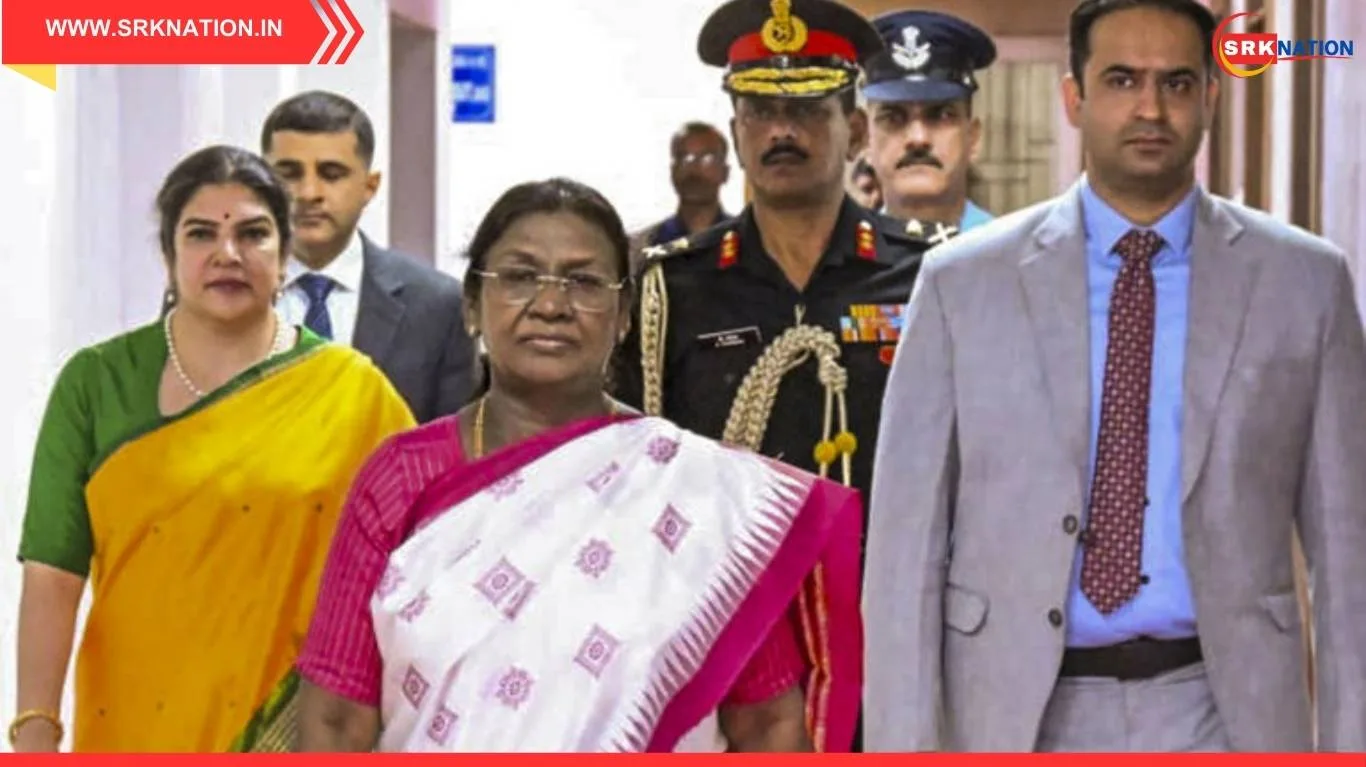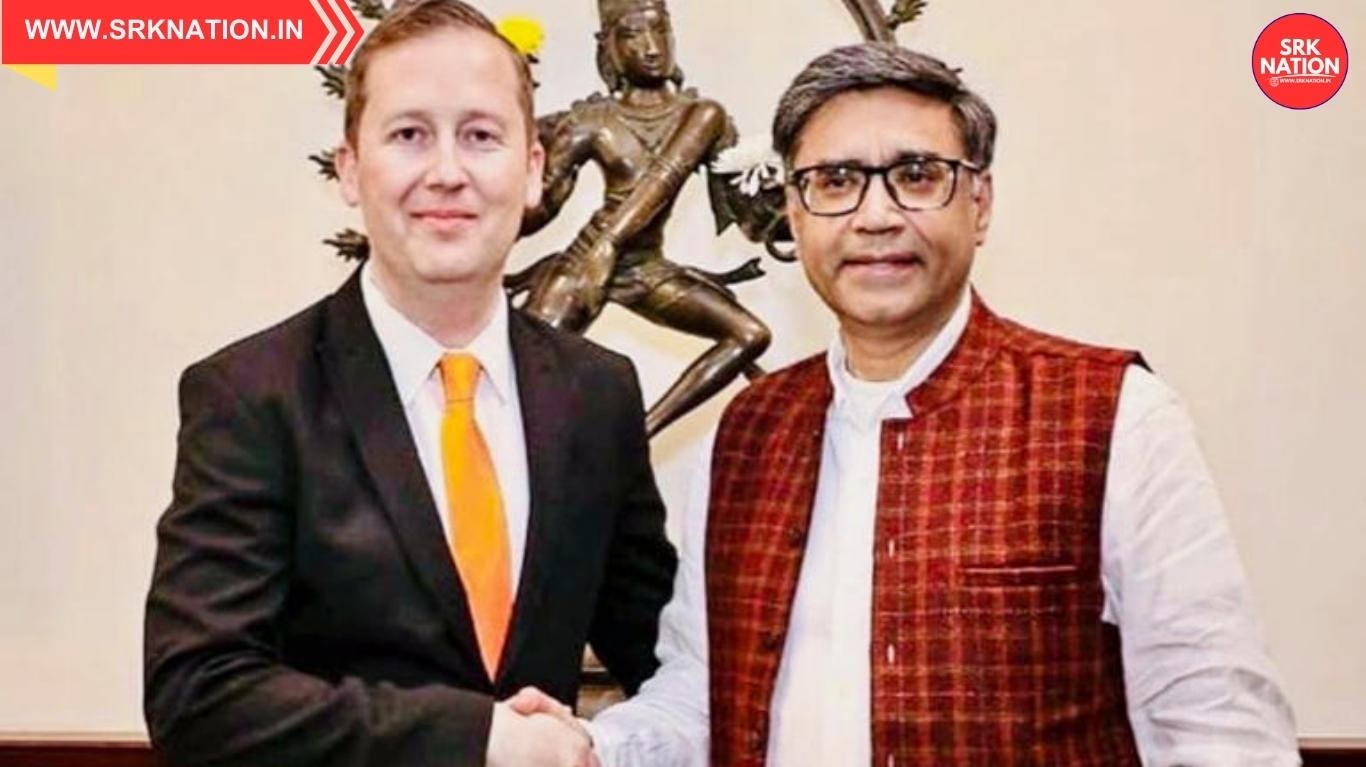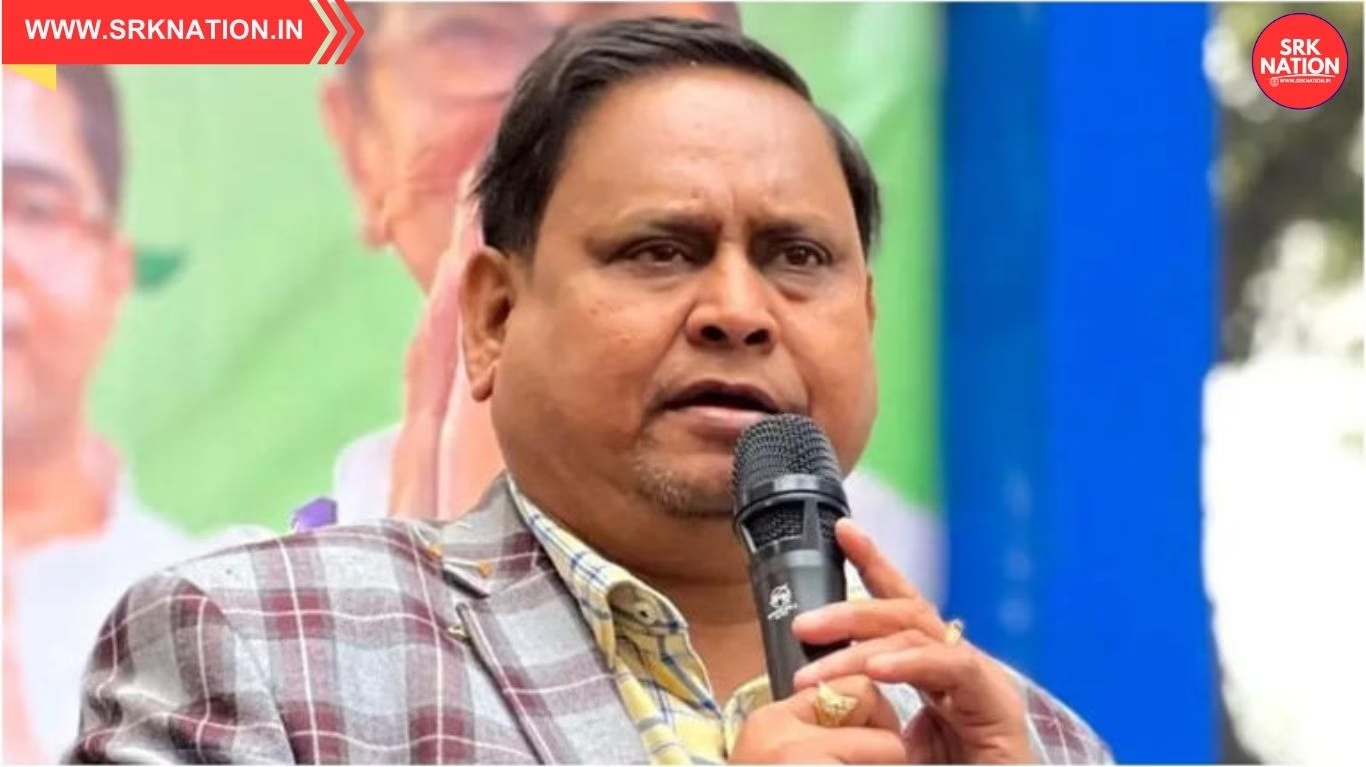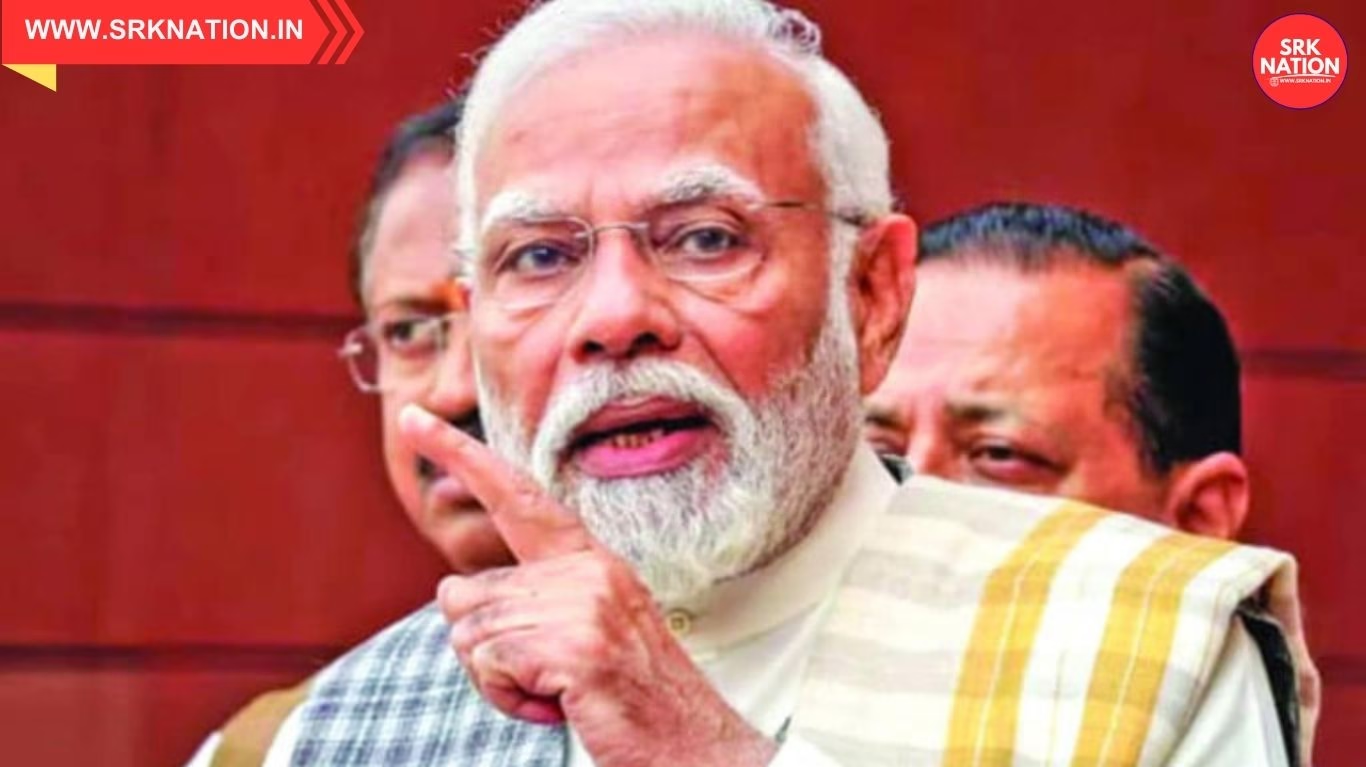A heartwarming moment unfolded at the Odisha Assembly when President Droupadi Murmu, during her official visit, recognised her former staff member and greeted him with the words, “Ananta, how are you?”. The simple yet powerful gesture left the ex-staffer overwhelmed and has since become a symbol of humility, empathy, and the enduring human connections that transcend positions of power.
President Murmu’s Visit To Odisha Assembly
President Murmu, who hails from Odisha, was attending a special session of the state assembly.
- Official Purpose: The visit was part of her scheduled engagements to address legislators and interact with dignitaries.
- Unexpected Moment: Amid the formal proceedings, she spotted Ananta, a former staffer who had worked with her during her earlier political and administrative career.
- Personal Gesture: Breaking protocol, she greeted him warmly, asking about his well-being.
- Public Reaction: The moment quickly went viral, drawing admiration across political and social circles.
Timeline Of The Event
| Time | Event | Impact | Public Response |
|---|---|---|---|
| Morning Session | President Murmu arrives at Odisha Assembly | Formal proceedings begin | Anticipation among legislators |
| Mid Session | Murmu spots Ananta | Breaks protocol with personal greeting | Emotional moment |
| Immediate Aftermath | Ananta overwhelmed | Symbol of humility | Applause from attendees |
| Later | News spreads across media | Viral coverage | Nationwide admiration |
Why The Gesture Resonated
President Murmu’s greeting carried significance beyond the assembly walls:
- Human Connection: Demonstrated that leaders value personal relationships.
- Humility: Showed that even the highest office in the country does not forget individuals who contributed along the way.
- Cultural Symbolism: In Indian tradition, acknowledging people personally is seen as a mark of respect.
- Public Inspiration: The incident inspired citizens, reinforcing the idea that empathy is central to leadership.
Key Takeaways From The Incident
| Aspect | Explanation | Significance |
|---|---|---|
| Recognition | Murmu remembered Ananta by name | Shows personal memory and respect |
| Empathy | Asked about his well-being | Highlights human side of leadership |
| Symbolism | Gesture during formal assembly | Blends protocol with compassion |
| Public Impact | Viral coverage across India | Enhances leader’s image |
| Emotional Value | Ananta overwhelmed | Reflects genuine bond |
Expert Opinions
- Political Analysts: Stress that such gestures strengthen the bond between leaders and citizens.
- Sociologists: Note that empathy in leadership builds trust and credibility.
- Media Commentators: Frame the incident as a defining moment of Murmu’s presidency.
- Public Voices: Applaud her humility and ability to connect with people personally.
Public Sentiment
- Supporters: Celebrated Murmu’s gesture as a reflection of her grounded personality.
- Critics: Even those critical of politics acknowledged the human value of the moment.
- Neutral Observers: Saw it as a reminder of the importance of kindness in governance.
- Social Media: Buzzed with hashtags praising Murmu’s humility and empathy.
Challenges Ahead
While the gesture was widely appreciated, it also highlights broader challenges:
- Balancing Protocol With Empathy: Leaders must navigate formal settings while maintaining human connections.
- Public Expectations: Such gestures raise expectations for continued humility in leadership.
- Institutional Culture: Encouraging empathy across all levels of governance.
- Media Scrutiny: Ensuring personal gestures are not misinterpreted politically.
Future Outlook
- Short-Term: The incident will continue to dominate headlines and social media discussions.
- Medium-Term: Murmu’s presidency may be increasingly associated with empathy and humility.
- Long-Term: The gesture could inspire future leaders to value personal connections.
- National Impact: Reinforces India’s democratic ethos where leaders remain connected to the people.
Conclusion
The moment when President Droupadi Murmu recognised her ex-staffer Ananta at the Odisha Assembly and greeted him with “Ananta, how are you?” has become a defining symbol of humility in leadership. It reflects the values of empathy, respect, and personal connection that transcend political office.
For Ananta, it was an unforgettable moment of recognition. For the public, it was a reminder that true leadership lies not only in policy and governance but also in the ability to connect with individuals on a human level. And for India, it reinforced the belief that democracy thrives when leaders remain grounded and compassionate.
Disclaimer: This article is based on publicly available political updates, expert commentary, and media reports. Readers are advised to follow official government releases and verified statements for detailed information.

